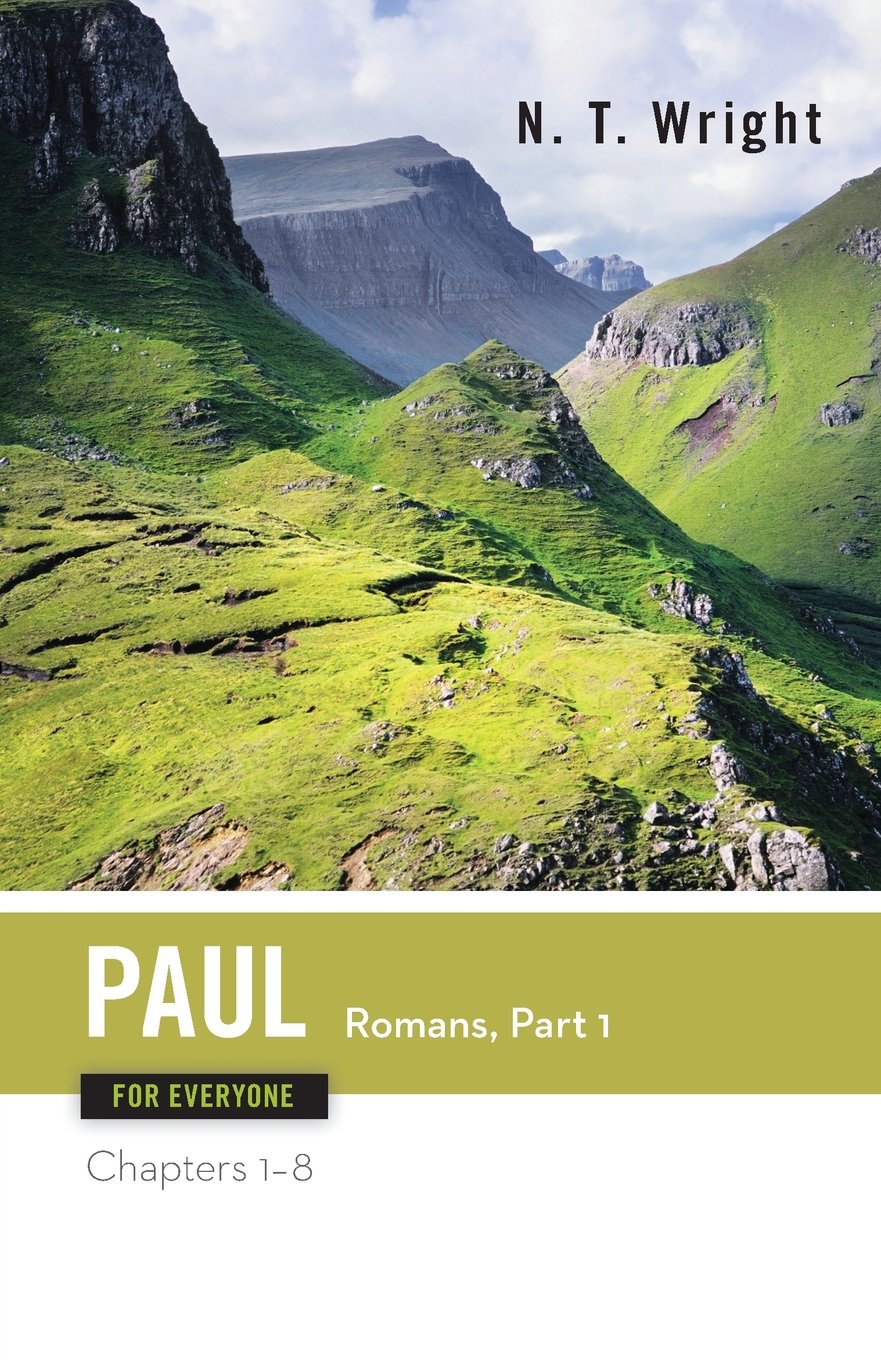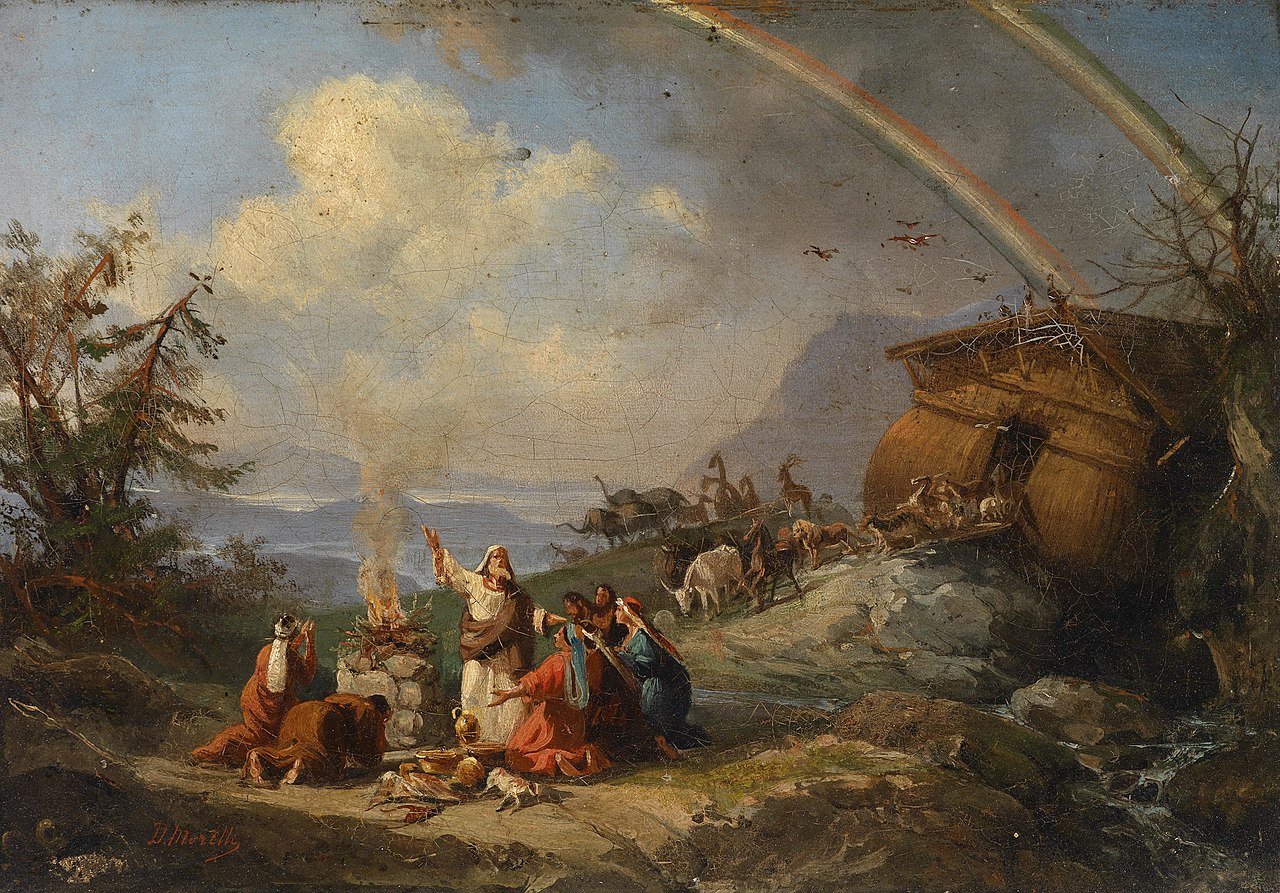Jeremiah 31:31-34, Lent 5 B, March 22, 2015
Grace and peace be unto you from God our Father and from our Lord and Savior Jesus Christ, Amen.
This weekend, I listened to the Moth podcast, where ordinary people share important true stories from their lives. Some stories are funny and light, while others are deep and engaging. This story is somewhere in between.
Bobby Stoddard recalls an event from 1999 when he was living in Vermont. He only worked part time, and he spent most of his free time during the winter on the ski slopes. One of his favorite places was an abandoned ski slope. He didn’t mind having to hike up the mountain, and he loved skiing down fresh snow. The powder was better there.
So on that day fifteen years ago, he hiked up the mountain and skied down, enjoying the fresh, powdery snow. When he reached near the bottom, he turned around and looked up - to see how far he had come. To his surprise, he saw a young family about a hundred feet up the mountain from him. These parents and their one year old son were playing with sleds.
The father pushed his son in the sled to the mother a few feet downhill. She was supposed to catch the sled, but somehow she missed. Their son on his sled continued to slide down the mountain. Being on a ski slope, the sled was gaining speed fast.
Bobby wasn’t sure what to do, but he saw a steel pipe for making snow just a few feet away from him. He was so worried that this little boy would hit the pipe head first. Luckily, the boy’s sled just barely missed that pipe, but it did send the boy flying through the air. Somehow, Bobby caught the boy!
Bobby and the boy were both shocked that they were safe. Then the boy’s father arrived on his sled. Soon after, the boy’s mother arrives as well. She takes her son, and they both fall into a crying mess. So, Bobby and the father talk. After a few awkward exchanges, the father says, “Do you read the Bible?” Bobby is shocked and exclaims, “No!” Then the dad says, “I believe God put you here today to catch my son.”
This caught Bobby off guard. He didn’t know how to respond. He later described it like this, “When someone says something like that to you, you take stock. I started replaying it and the magnitude of it. Then I look up and see that steel pipe coming out of the ground and I picture [the boy’s] little face flying by it. My whole world goes into slow motion. All of my senses become amplified.” For a time after that incident, Bobby became hyper aware of his surroundings. He felt like a superhero, like he could do anything.
I don’t know if Bobby ever attended church after that day, but I can tell you this. On that abandoned ski slope in 1999, Bobby experienced God. God did work through him to save that young child. The boy’s father, who did attend church, saw and proclaimed that situation for what it was - a God moment. Without God working through Bobby, that boy might have died. Bobby described it as feeling like a superhero, but what he was experiencing was the surge of God’s presence.
This is what Jeremiah was talking about when he said, “No longer shall they teach one another, or say to each other, ‘Know the LORD,’ for they shall all know me, from the least of them to the greatest, says the LORD.” (Jer 31:34a NRSV) The day is surely coming when everyone will know the Lord. Not just those who worship the Lord in church, synagogue, or mosque. The day is coming when every single person will know the Lord.
Then we will all have personal experiences of the Lord’s presence. Then we will all have communal experiences where we see the Lord in each other. The day is coming when every single person on this earth will know that not only does our God exist, but our God loves all of us as well. They day is coming…
But isn’t here yet. Jeremiah says that after the exile the Lord is creating a new covenant with Israel and Judah. The people have broken the ten commandments and sinned greatly, yet the Lord still wants to create a covenant with us. This new covenant, though, can’t be broken.
The Lord will do more than just teach us who we are and how we should act. This time, the Lord will write it on our hearts. The Lord will reach us at our core, at the center of our being, and claim us as the Lord’s. There is no turning away from this.
On this Fifth Sunday of Lent, I can’t help but believe that this new covenant has begun with Jesus. Through Jesus’ life, death, and resurrection, we know the Lord better than others have. We begin to experience this new life that Jesus is giving us, a new life that in fleeting moments makes us feel like a superhero. This new life in Christ is what helped Bobby to catch that baby boy.
Yet even more so, that new life is like what Brittney experiences every day. When Brittney was born in 1990, she had a rare heart disease. Back then, the doctors had no means to correct the disorder. They told Brittney’s parents that she would die. They were at a loss until her mother read about another baby surviving a heart transplant.
Then, twenty-six days after Brittney was born, a baby boy named Danny died in an accident. Graciously, Danny’s parents gave his heart to Brittney. Heart transplants were rare in those days, yet the surgery was a success! Brittney would live.
Now, Brittney is a regular young woman. In high school and college, she competed in track and field. She sends some of her medals to Danny’s family. She writes, “It’s the least I can do considering the life that they have given me…Every time I take my transplant medication, I know I’m a little different—and a lot luckier—than many. I got a second chance, and I want that to mean something.
So when my friends are hanging out at the mall, my mom and I are often somewhere giving a presentation about the importance of organ donation…It’s hard to believe that someone had to die in order for me to live. I think about that a lot. And I’m trying to make that gift mean something bigger.” http://www.americantransplantfoundation.org/about-transplant/true-stories-about-transplant/brittneys-story/
Brittney literally has a new life because of the sacrifice of another person. She never met Danny, yet she lives because he died. Britney is the living embodiment of what it means to live as a Christian. We too are called to live every day in appreciation for the life that we have because Christ died for us.
Christ’s death saved more than just one person. We all have new life because of Christ. We are all included in the Lord’s new covenant because of Christ. How do you share your appreciation for your life in Christ? Amen.












